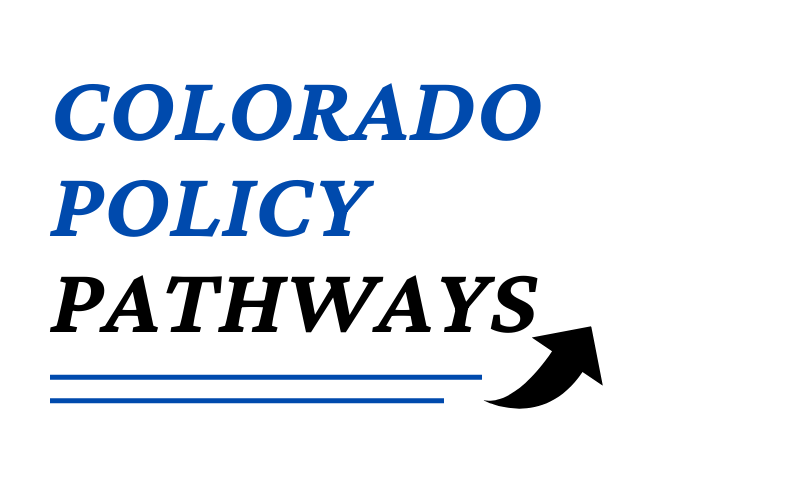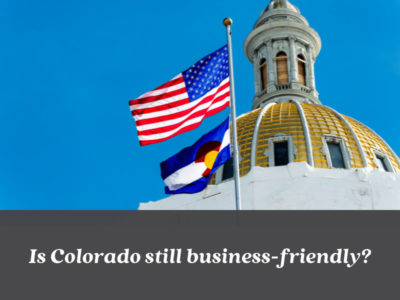Originally published April 29, 2022 in Complete Colorado
For seven years, Colorado flirted with the possibilities. If only we had a system, managed by the State, to provide all workers the same paid leave benefits that highly skilled workers at large companies enjoy.
Proponents promoted a conflation of the most alluring options offered in private sector workplaces with a universal, all-encompassing, State-administered paid leave benefit. They built high expectations that a transition would be seamless. Activists targeted Colorado for passage and succeeded with the Paid Family and Medical Leave Insurance (FAMLI) program through a ballot initiative in 2020. Now all employers are mandated to implement one rich, rule-laden standard that will lead to spreading consequences.
A gesture of support from progressive lawmakers is House Bill 22-1305, which concedes a discount to employers for this new program. Instead, it is one more proposal that reveals a yawning gap in understanding between Colorado’s current leadership and the employers that must put their ambitious but deeply flawed solutions into practice.
Our exasperation is growing because they continue to assume that small companies are much like their larger competitors in every way except for size, making it clear that they do not understand the full arc of these policy initiatives.
The truth is that poorly understood policies raise costs and risks associated with labor that are hard to track. Many extend far beyond what is measurable. What’s more troubling is that, overall, the rollout rate of controversial regulations has become unsustainable at the same time that these fragile companies face a tentative recovery.
Leadership heralds HB 1305 as much-needed relief through a six-month payroll tax reduction. Yet, for example, an employer of ten or more employees, each making $52,000, will see 2023 annual savings per employee of a mere $11.70. An employer with 20 employees, each making $52,000, will see total savings to their escalating labor budget of $234.00.
It is also important to note that the new program will not begin accepting claims and paying out benefits until 2024. In 2023, as the State collects an estimated $1.3B to build it up, employers have a double obligation. Most must submit this leading-year tax burden while also maintaining existing employee benefits that the program intends to supersede.
The bottom line is that small businesses are particularly vulnerable due to the additional costs associated with FAMLI compliance. And these, compounded by mounting costs from other ambitious programs, dwarf the token savings from HB 1305.
However, the bill might serve another purpose – to mitigate a dilemma. Progressives have leaned heavily on categorical mistrust of businesses to fuel support for proposed solutions. This runs into trouble when it collides with the welfare of the primary constituencies they champion.
Even the most business-skeptical lawmakers must acknowledge that many low-income earners, those lacking education, and minorities aspire to start their own companies. Add the public’s appreciation for the presence of small businesses in their communities, and a less hostile posture toward business becomes not only desirable but necessary. Can they be more business-friendly without raising the ire of the various interests they rely on for support?
These competing objectives are likely behind HB 1305 and a sibling, House Bill 22-1001, which temporarily relieves many new and existing businesses of registration and filing fees. The result is an underwhelming, one-time savings of $10.00 to $50.00.
There is this belief that we can recover our economy, and it will be as it was before COVID. A philosopher has said, “No man steps into the same river twice.” Our economy is forever changed. We are forever changed. Yet while policymakers promise new law-bound remedies to eager constituents, old and established ones demand to be maintained, a much less appealing endeavor.




 Third spaces, our cherished community builders, are at risk.
Third spaces, our cherished community builders, are at risk.